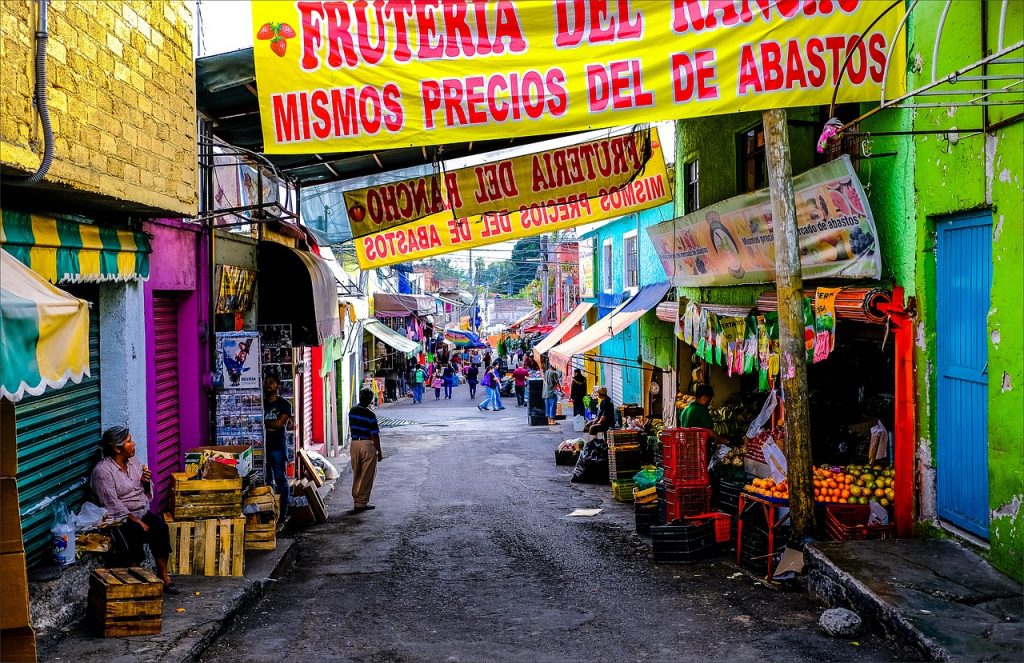Although 2022 has been much less aggressive with people regarding the SarsCov2 pandemic, it is still true that the health crisis has not been declared over. This situation has maintained, to varying degrees and at different latitudes, containment measures in various directions. In many situations these rules of coexistence have gone from being mandatory to voluntary. However, this persistence over time of some restrictions has taken consumers’ frustration tolerance to the extreme, who do not know when it will be time to completely forget the measures imposed from 2020.
In Latin America, the pandemic brought with it changes in consumption patterns due to various reasons. Confinements and curfews were decreed in many countries, the income of many households was reduced or lost, the work of some was increased while that of others decreased or disappeared. Digital solutions had a boom that could not have been predicted if it were not for the catalyst of the fear of contagion. In the end, these events triggered temporary and some permanent transformations that we list below.
- Rationality in decisions. Uncertainty grew to levels not seen for several decades. For this reason, consumers, after an initial and unwise response – remembering toilet paper purchases in more than one city in the world – planned and justified each item or service purchased since then. Rampant inflation and doubts about the punctuality of supply chains reinforce this behavior.
- Internalization of hygiene. Preserving health is something that more people valued from this contingency. Purchases of face masks, antibacterial gels, and sanitizing chemicals materialized new habits that more than one person will maintain in the future. Its effectiveness in reducing the risk of contagion from other diseases may be a motivation so that its demand does not fall completely when the current crisis ends. To cite one case, in Mexico, after the AH1N1 influenza epidemic, it imposed the custom on several merchants to offer sanitizing gel to their customers.
- Search for ventilation. Just like the epidemics of contagious diseases through water contaminated by pathogens, a revolution is also taking place today after it has been proven that the cause of COVID-19 is spread through aerosols. Choosing open spaces over other options or reducing the time spent in closed spaces will be demands of a sector of the population from now on. For example, some returned or discovered the markets on wheels due to fears of going to closed supermarkets.
- Transformation of the house into a workplace. Although in our region there are still barriers to migrating all viable activities to their remote version, it is true that more than one company admitted the competitive advantages of working from home and for that reason they have not backed down from a return to a face-to-face scheme. . However, this change demands new skills and abilities for workers that allow them to turn the house into a place to work, rest, sleep and live with the family at the same time.
We know that these trends are very general and their effects will depend a lot on each country and the moment in which you turn to see each site. Even in behaviors that seem to diverge from what was listed above, it is possible to see the effects indicated. For example, the increase in hoaxes and disinformation chains also show a need in many sectors to protect health, even if it is through more than questionable treatments and advice. It is also true that some people ignore the circumstances and try to lead their daily lives as close as possible to what was known before the world medical conjuncture.
Knowing consumers, their needs, behavior and decision patterns are just some of the objectives of Market Research. In Acertiva we have more than 18 years knowing Latin America. Contact us if you are looking for a strategic ally to help you write your next success story in our region.

Short Link:
